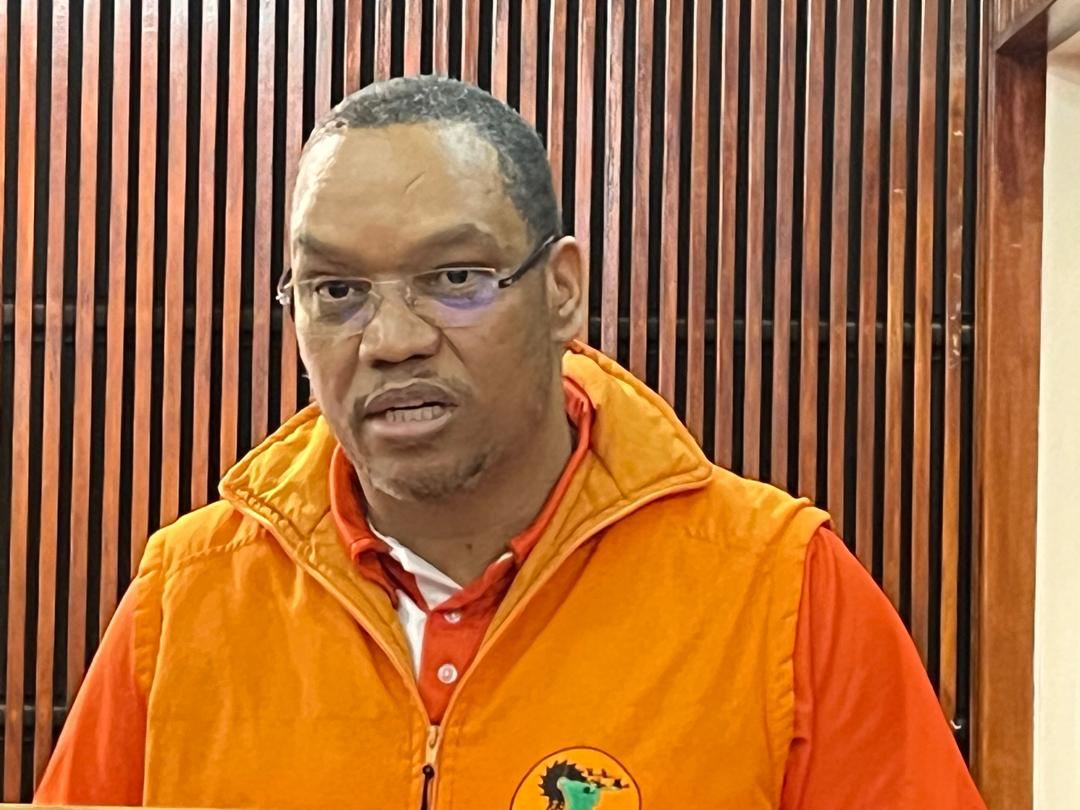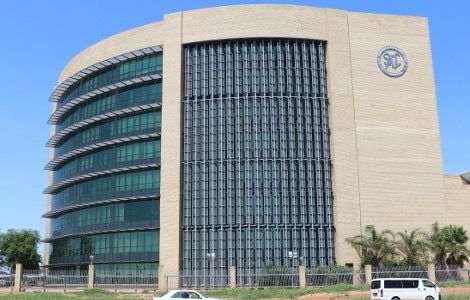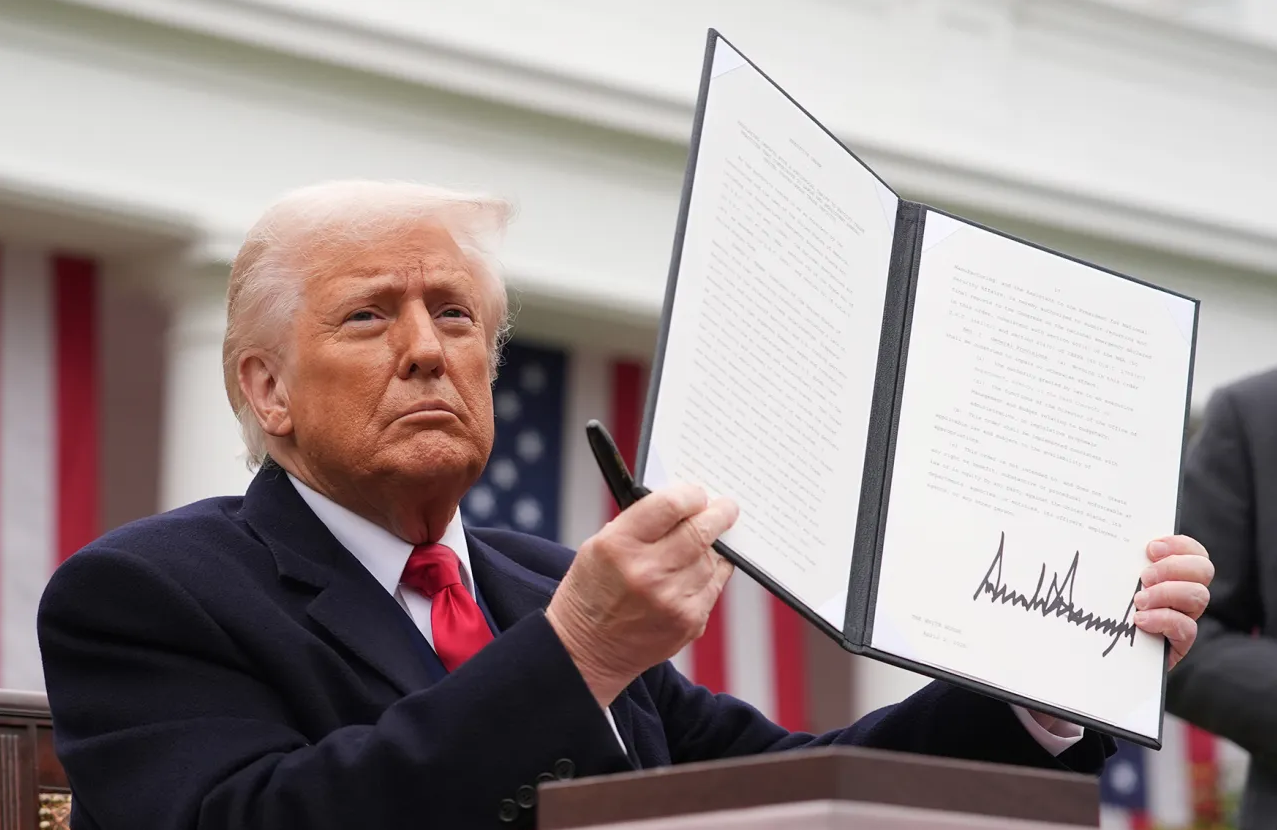A FORMER security company employee who has spent the past three and a half years serving a nine-year jail term on theft charges heard last week that his conviction and sentence were being set aside on appeal after the High Court decided that his trial had been unfair and had resulted in a failure of justice.
Gert Kisting (46) was convicted in the Oshakati Regional Court on five counts, including four charges of theft, at the end of October 2002. He was sentenced to an effective nine years’ imprisonment.He had been employed at a now-defunct security services company, Coin Security, when the charges against him arose in mid-May 2001.It was on May 15 that year, it was alleged, that Kisting vanished from Oshakati after he had collected some N$292 000 in cash on behalf of Coin Security clients as part of his job.He was found in Windhoek a week later, and was arrested, charged and prosecuted on charges that he had stolen not only the cash money, but also the Coin Security firearm and ammunition that he had with him at the time of his disappearance and the company vehicle that he had been using at the time.Kisting denied all the charges.He claimed that he had been the victim of a kidnapping and robbery at gunpoint which led to him being kept hostage in a house in Windhoek, which was also where he was arrested.Kisting’s protestations of innocence were rejected in the Regional Court, and, relying on the evidence that had been presented by the prosecution, the then Magistrate Paulus Noa convicted him and went on to sentence him to an effective nine years’ imprisonment.A crucial event had however marred the trial before Kisting was convicted, the High Court found in an appeal judgement by Acting Judge Collins Parker on Wednesday last week.After the State had presented its evidence and Kisting had also testified in his own defence, Kisting told the trial court that he also had a number of witnesses that he wanted to call to testify in his defence.His request to have that done was however shot down by the Magistrate with a remark that it would be a sheer waste of money for the State if the court had to make an order that the witnesses had to be summoned to court, when the court already had evidence before it which it could consider, Acting Judge Parker recited from the trial record.That was a fatal mistake, Acting Judge Parker indicated.He noted that not only does the Criminal Procedure Act allow an accused person to have a witness subpoenaed by a court to testify in his defence as long as the witness’s expected testimony is necessary and material to the accused person’s defence, but Namibia’s Constitution also entrenches this right for an accused person to be allowed to call witnesses in his defence.It is not up to a judicial officer to decide whether an accused person should or should not call a witness, because in such an instance, the Constitution’s provisions guaranteeing a fair trial and giving an accused person the right to call witnesses in his defence, would be rendered futile and would serve no purpose, Acting Judge Parker noted.”It is quite clear to me that the evidence of all those witnesses whom (Kisting) wished to call was both material and favourable to (Kisting’s) defence,” the Acting Judge stated.”By denying (Kisting) the opportunity, and the facility with which, to call the witnesses, the Magistrate acted in breach of the principle of elementary justice; (…) he acted in violation of the Namibian Constitution, especially when (Kisting) did make some plausible showing of how the evidence of the witnesses he wanted to call was material and favourable to his defence,” he commented.He was sentenced to an effective nine years’ imprisonment.He had been employed at a now-defunct security services company, Coin Security, when the charges against him arose in mid-May 2001.It was on May 15 that year, it was alleged, that Kisting vanished from Oshakati after he had collected some N$292 000 in cash on behalf of Coin Security clients as part of his job.He was found in Windhoek a week later, and was arrested, charged and prosecuted on charges that he had stolen not only the cash money, but also the Coin Security firearm and ammunition that he had with him at the time of his disappearance and the company vehicle that he had been using at the time.Kisting denied all the charges.He claimed that he had been the victim of a kidnapping and robbery at gunpoint which led to him being kept hostage in a house in Windhoek, which was also where he was arrested.Kisting’s protestations of innocence were rejected in the Regional Court, and, relying on the evidence that had been presented by the prosecution, the then Magistrate Paulus Noa convicted him and went on to sentence him to an effective nine years’ imprisonment.A crucial event had however marred the trial before Kisting was convicted, the High Court found in an appeal judgement by Acting Judge Collins Parker on Wednesday last week.After the State had presented its evidence and Kisting had also testified in his own defence, Kisting told the trial court that he also had a number of witnesses that he wanted to call to testify in his defence.His request to have that done was however shot down by the Magistrate with a remark that it would be a sheer waste of money for the State if the court had to make an order that the witnesses had to be summoned to court, when the court already had evidence before it which it could consider, Acting Judge Parker recited from the trial record.That was a fatal mistake, Acting Judge Parker indicated.He noted that not only does the Criminal Procedure Act allow an accused person to have a witness subpoenaed by a court to testify in his defence as long as the witness’s expected testimony is necessary and material to the accused person’s defence, but Namibia’s Constitution also entrenches this right for an accused person to be allowed to call witnesses in his defence.It is not up to a judicial officer to decide whether an accused person should or should not call a witness, because in such an instance, the Constitution’s provisions guaranteeing a fair trial and giving an accused person the right to call witnesses in his defence, would be rendered futile and would serve no purpose, Acting Judge Parker noted.”It is quite clear to me that the evidence of all those witnesses whom (Kisting) wished to call was both material and favourable to (Kisting’s) defence,” the Acting Judge stated.”By denying (Kisting) the opportunity, and the facility with which, to call the witnesses, the Magistrate acted in breach of the principle of elementary justice; (…) he acted in violation of the Namibian Constitution, especially when (Kisting) did make some plausible showing of how the evidence of the witnesses he wanted to call was material and favourable to his defence,” he commented.
Stay informed with The Namibian – your source for credible journalism. Get in-depth reporting and opinions for
only N$85 a month. Invest in journalism, invest in democracy –
Subscribe Now!










